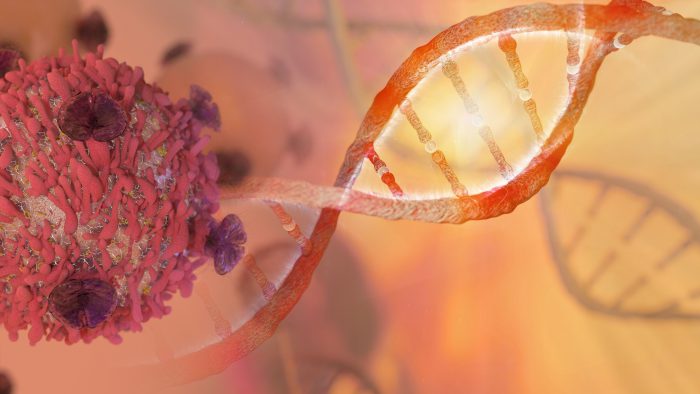
HPV is best known as the cause of most cervical cancers. But many people don’t realize that it can also be responsible for several other types of cancer. HPV infection can also lead to anal or vulvar cancer, which are the most common HPV cancers in women besides cervical cancer. Additionally, men who develop HPV-associated cancer are most commonly diagnosed with oropharyngeal cancer, which affects the head and neck.
Fortunately, there have been some promising developments in the treatment of HPV-related head and neck cancer. Learn more about a new treatment that’s currently under development and why it’s being fast tracked by the FDA.
Potential Treatment for Head and Neck Cancer
A treatment for HPV-related cancer of the head and neck has been in development for some time now. Known as PDS0101 plus Keytruda (pembrolizumab), it’s a novel type 1 interferon and CD8–positive T-cell activating immunotherapy that formulated to address head and neck cancer caused by HPV 16, which is known as one of the most dangerous high-risk HPV types. The treatment is administered via injection under the skin.
Phase 1 Trial
As it’s been studied, PDS0101 has show to be effective and safe in patients who are positive for HPV 16 and have recurrent or metastatic head and neck squamous cell carcinoma (HNSCC). In fact, the Phase 1 trial found that this treatment was able to “induce high levels of active tumor-targeting CD8+ killer T-cells in vivo in circulating blood within 14 days.”
As for side effects, the most common was a low-grade injection site reaction, which typically cleared within 7 to 10 days. After the study, it was found that 80% of evaluable patients experienced clearance of the CIN (lesion regression), while 60% had complete regression, in some cases as quickly as just one to three months after treatment. These results were especially positive considering that many of the participants in the trial were infected with multiple high-risk HPV genotypes.
Phase 2 Trial
A Phase 2 trial on PDS0101 is currently underway, but the results so far are promising. Preliminary data from the first patients enrolled in the trial showed the following:
- 41% response rate in patients with recurrent or metastatic head and neck cancer
- 5% of patients experienced either disease stabilization or tumor shrinkage
- 89% of patients were alive at an average of nine months
- 94% of patients on the trial had no severe side effects after receiving four out of five doses
Why Was PDS0101 Fast Tracked?
The FDA awarded the fast track designation for PDS0101 in June 2022. This status is given when the drug in question will treat a serious condition and has the potential to fill an “unmet medical need.” This means that it will provide a treatment that either does not yet exist or will be potentially better than an available HPV treatment.
For PDS0101, a fast track designation will help to facilitate the development of the treatment and expedite its review so that it can hopefully be offered to the greater public at an earlier date. This may include more frequent FDA meetings to discuss the drug development plan as well as eligibility for priority review and accelerated approval.
As Frank Bedu-Addo, CEO of PDS Biotech, explained in the press release announcing the fast track status, “The HPV-associated head and neck cancer prevalence continues to rise, leaving this affected group with limited treatment options to date. Receiving this designation underscores … the need for a new therapy that may improve outcomes for those with this devastating disease.”
Resources:
https://www.pdsbiotech.com/pipeline/oncology/pds0101








